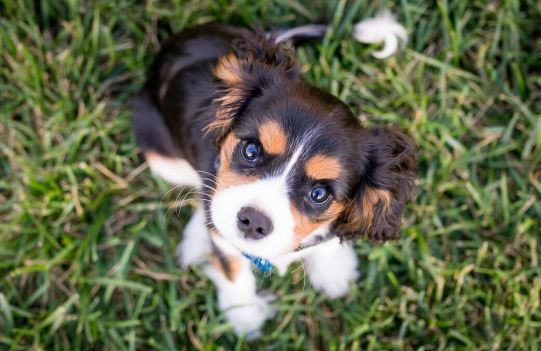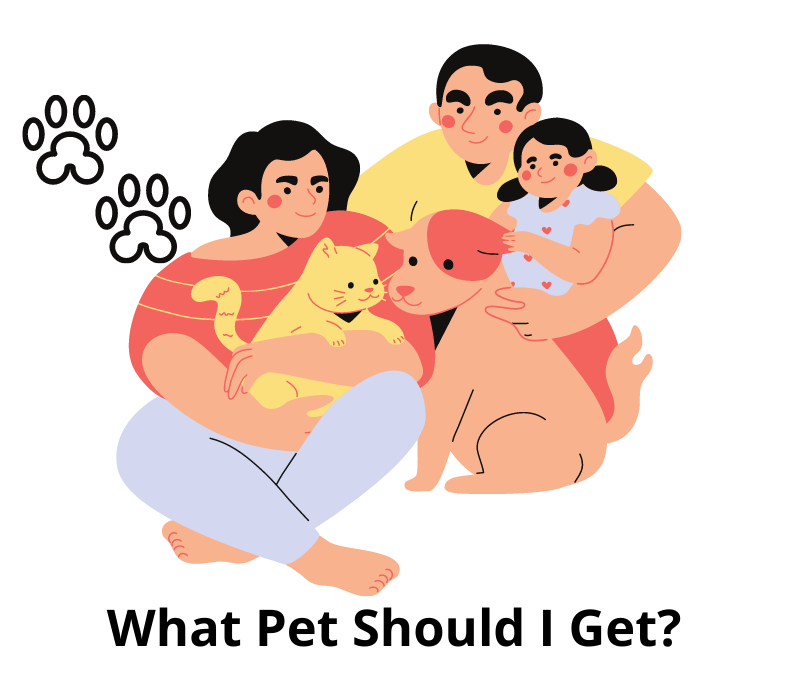Nothing sparks joy as much as a puppy. If you’ve succumbed to puppy fever, let us be the first to congratulate you. There’s great joy in becoming a dog owner, but the road is also full of bumps and hills.
Unfortunately, many pets have found themselves back at the shelter because their owners weren’t ready to care for them. If you’re a 1st time dog owner, it can feel a lot like becoming a parent. There are so many things to do and so many that can go wrong.
This guide covers everything you need to know about responsible dog ownership. Read on to learn more and set yourself (and your new puppy) up for success!
Table of Contents
1. The Proper Diet
With so many dog food brands, it can be difficult to find the right one for your puppy’s needs. Single-ingredient foods are often a good choice.
Going to the vet is a great start, as they can help identify any allergies. You can also ask your breeder or shelter what food your puppy has had.
Consider your puppy’s weight when feeding it. This will help ensure you aren’t under or overfeeding your puppy.
2. Dog Vaccinations
Ask the breeder or shelter if your puppy is up-to-date on its vaccinations. If not, find a vet right away. You can ask fellow dog parents in your family or circle to point you to a good vet.
The vet may also help start a parasite prevention plan. This will protect your dog from fleas, ticks, and heartworm problems. They may also discuss other procedures with you, such as microchipping or spaying and neutering.
3. Start Obedience Training
The best time to start training your puppy is as soon as they get home. This will help you establish routines and disrupt bad habits.
Consistency and positive reinforcement are a surefire recipe for a well-mannered dog. Most pups are food-motivated, but you can also use dog toys and affection.
4. Socializing Your Puppy
If you have other pets or people in the household, it’s essential to get your puppy acquainted with them. Your puppy might be shy or scared at first. This is normal, and you shouldn’t force your puppy to be friendly with other pets or people.
However, you should also not coddle your dog. This is one of the most common dog owner mistakes.
To you, it may seem like you’re comforting a scared puppy. You’re actually rewarding and reinforcing their behavior.
5. Breed Matters
Dog breeds matter, but not in the way that most people think. No dog is inherently aggressive or superior because of their breed.
Dog breed matters when it comes to chemistry and compatibility with owners. Many 1st time dog owners make the mistake of picking out a puppy because it’s a popular or exotic breed.
Some examples are Siberian Huskies or Belgian Malinois. These breeds are high-maintenance and are often not a good fit for beginner dog owners. If you’re in the process of picking out a puppy, do your research.
6. Potty Training
For the first few days or weeks, your puppy may have some accidents, like peeing where they’re not supposed to. Almost every dog parent has experienced this at least once.
However, that doesn’t mean that your puppy will grow out of it on its own. Potty training your puppy on day one is crucial. After a meal, play with your puppy or take them out for a walk.
Don’t bring them back into your home until they’ve done their bathroom business. This will help them associate the bathroom with the outside. Don’t forget to reward them for their good behavior to reinforce their training.
7. Embrace Crate Training
Many people associate crates with cruelty and imprisonment. However, this is far from the truth. Crate training can be a useful tool in helping your puppy settle into their new home.
It’s your puppy’s first time being away from its mother and siblings. In addition, they’re in a completely new environment with all sorts of smells and sounds. Your puppy will understandably feel anxious or scared.
Crates serve as a safe space for your puppy, almost like their own room. You can add a dog bed or mat and plenty of dog toys to help your puppy feel more at home. Choose a crate where your puppy can stand, lie, and move around in comfortably.
8. You’ll Have Setbacks
Having a puppy can feel like a dream come true, but it’s crucial to have realistic expectations. Puppies can be stubborn and get distracted easily. Successful training can take up to a few months or even a year.
Your puppy may chew on your favorite shoes or go treasure hunting in the trash bin. It’s all part of the experience. Make sure that you’re ready to handle all the good and the bad before adopting a puppy.
Puppies can also get sick, and some illnesses, like kennel cough, are contagious. Check out this guide on managing kennel cough.
9. Build a Routine
Puppies thrive off routine, so create one that suits you and your dog’s needs. A routine can also give your puppy a sense of security.
They’ll know when they get their meals, and when you leave for work, they know you’ll return. Building a routine will also help you get accustomed to your new life as a dog parent.
10. Find Support
There’s nothing wrong with seeking help; it doesn’t mean you’re a bad dog owner. Raising a puppy is tough, especially when you’re dealing with other priorities. If you’re away for long hours at work, it may help to look into a dog sitter or doggy daycare.
You can also enroll your puppy in obedience training classes. This will give you some valuable insights into being a leader for your puppy. Having the right support system will set you up for success.
What You Need to Know as a 1st Time Dog Owner
Being a 1st time dog owner can be exciting and overwhelming. It’s a steep learning curve, but it’ll be a rewarding experience. Take it one day at a time, and keep these tips in mind.
Of course, this isn’t all there is to being a dog owner. Check out our other blog posts for more valuable tips on raising a puppy, and remember to adopt responsibly!







